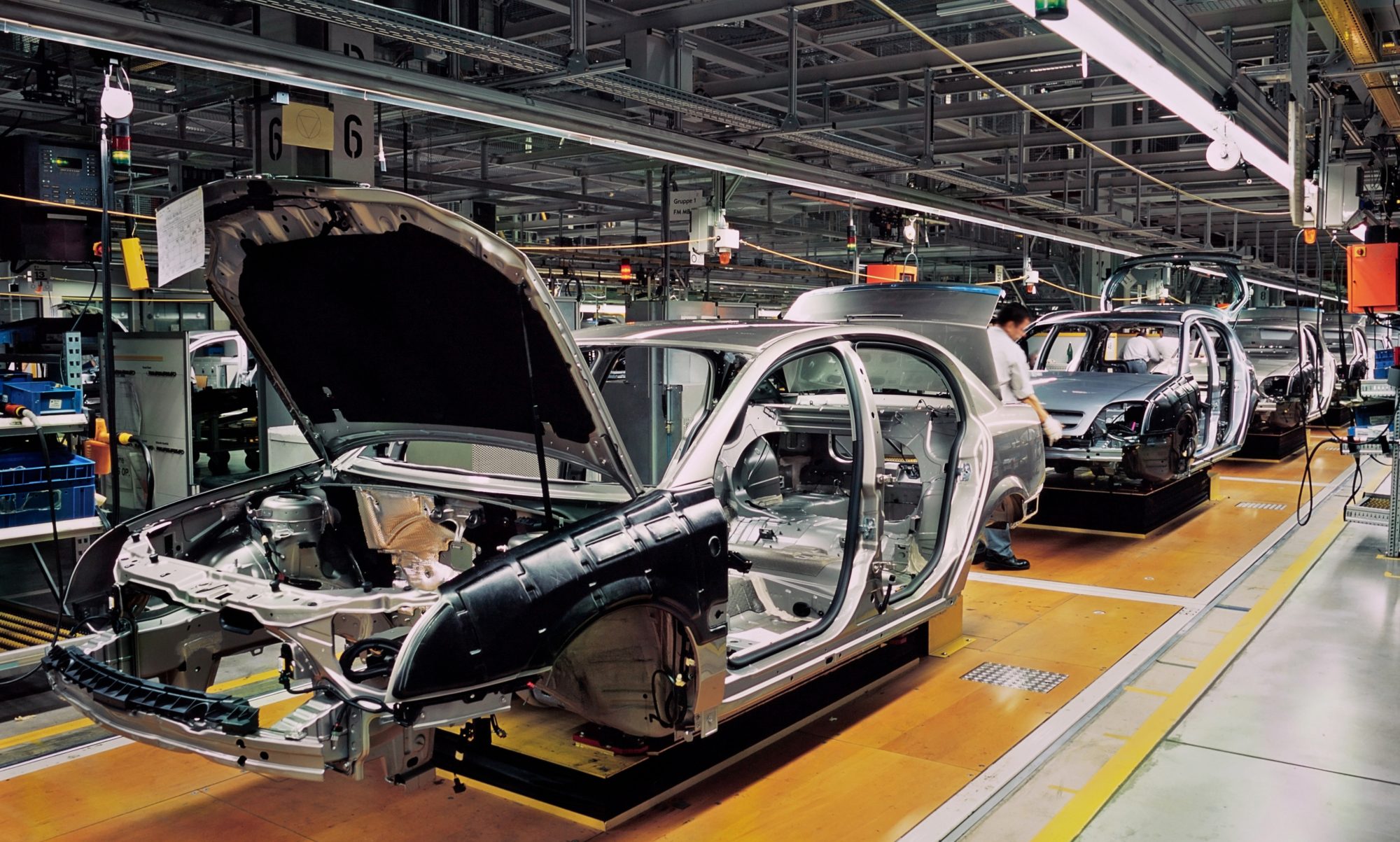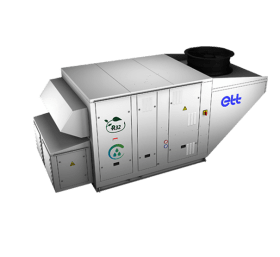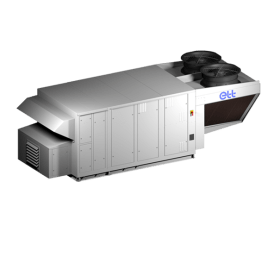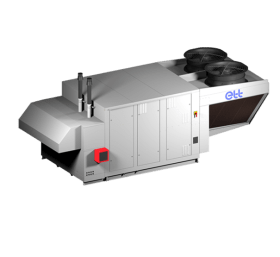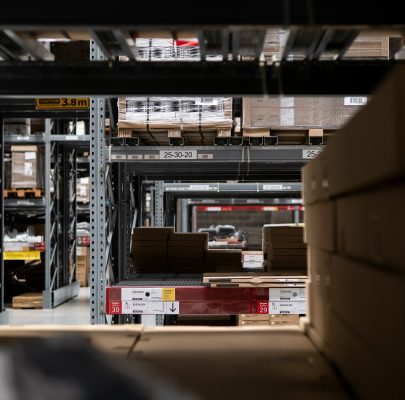Understanding your industry challenges
Factories and mechanical workshops are very often production sites with high energy consumption and high levels of sensible and latent heat.
This means implementing a range of strategies and technologies to reduce energy consumption, improve operational efficiency and minimise the environmental footprint.
ETT is recognised as a specialist in energy transfer, so a wide range of innovations and solutions can be used to work on air handling issues, as well as carbon-free production of hot and chilled water.
Air treatment is a key factor in meeting a number of constraints linked to operator comfort and ensuring a healthy, safe and productive working environment.
Excessive heat: Machines and manufacturing processes can generate a lot of heat, especially in summer. High temperatures can cause discomfort, reduce productivity and pose health risks.
ETT Solutions:
- Installing efficient air conditioning systems
- Use free-cooling to take advantage of cooling from the outside air
- Use direct or indirect adiabatic (evaporative) cooling
Excessive cold: In winter or in poorly insulated areas, the cold can be a problem, causing discomfort for workers and affecting the accuracy of operations.
ETT Solutions:
- Use efficient thermodynamic heating systems.
- Securing the heating system with a gas and electric energy mix
Air handling equipment also has the advantage of compensating for the air extracted from machine tools or areas with specific pollution. Air quality is also a point of vigilance to ensure a healthy environment for operators.
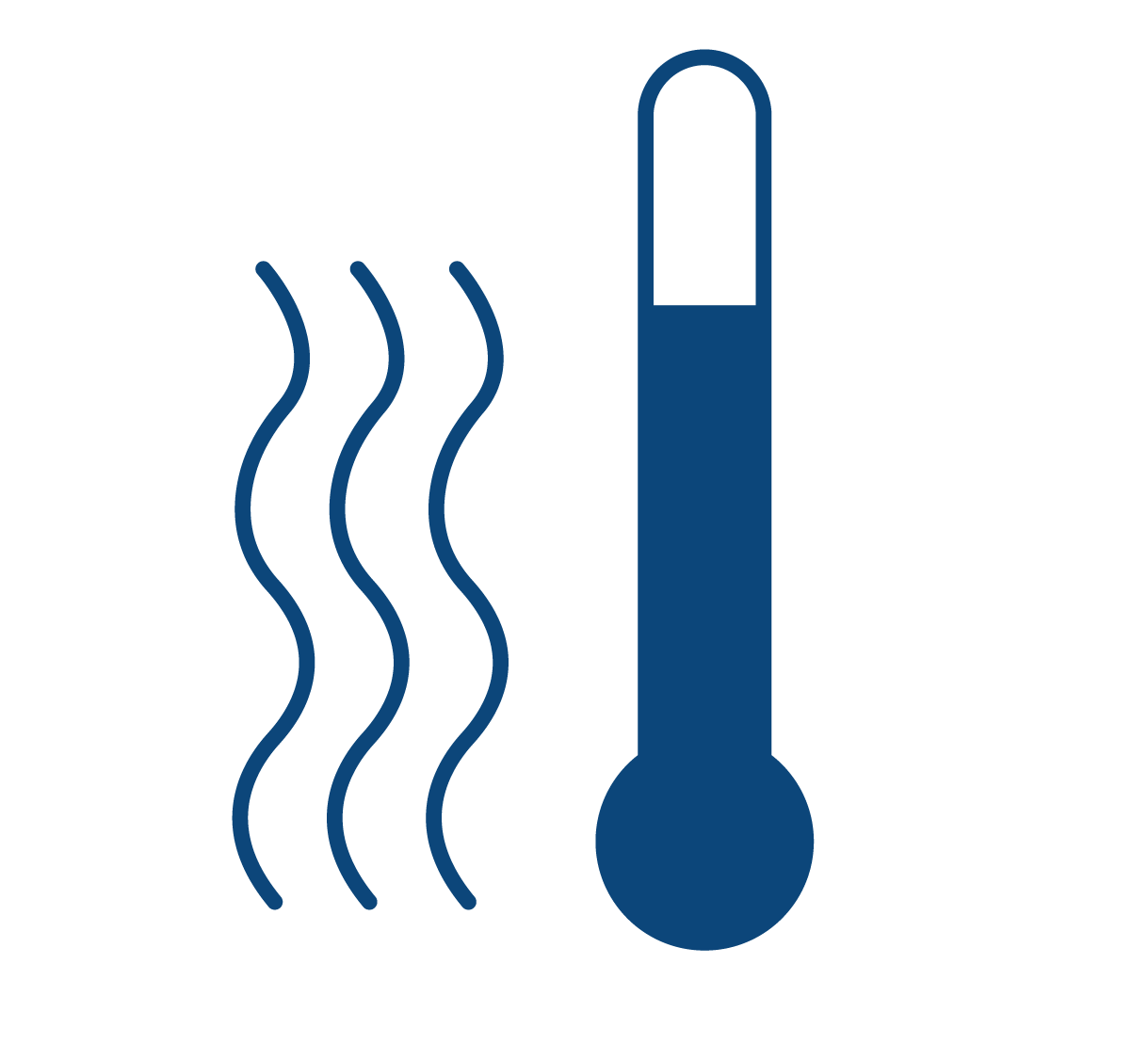
In addition to integrated heating and cooling via our thermodynamic system, it's possible to add supplementary equipment such as:
- Condensing gas modules
- Direct or indirect adiabatic coolers
- Chilled water, hot water, steam or CO2 coils
- Electric preheating, heating and auxiliary coils

Many industrial applications require ambient humidity regulation. This involves implementing equipment to dehumidify or humidify the air, such as:
- Thermodynamic or desiccant dehumidification
- Steam humidification with or without integrated production
Energy efficiency is a key concern for manufacturers. To this end, ETT can integrate various equipment and control features such as:
- Thermal wheels, plate heat exchangers, heat pipes, glycol coils
- Free cooling management
Managing air flow is essential for proper industrial process operation:
- Air turnover rate / homogenization of temperature and humidity conditions
- Fresh air compensation (process extraction)
- Positive or negative air pressure management
- High pressure air supply
Numerous constraints often require machines to be designed for integration into their environment. ETT's flexibility allows for:
- Custom dimensions and multi-block design
- Reinforced casing
- Anti-corrosion treatment of components and casing for harsh environments
- Aluminum or STAINLESS STEEL casing, paint finish
- Adaptation to acoustic constraints
Air quality is an important factor for operator comfort and production quality, requiring equipment for:
- Particle and molecular filtration
- Fresh air management
- ATEX (explosive atmosphere) risk management
Recent regulatory developments, particularly the F-Gas regulation, strongly encourage the use of natural refrigerants.
For several years, ETT has been incorporating Propane (R-290) as a refrigerant in various types of machines (air and water-based) such as:
- Air-to- Air heat pumps
- Chillers up to 1.2 MW
- Heat recovery chillers
- High temperature heat pumps up to 70°C
Special attention must be paid to equipment control to meet manufacturers' expectations. This is why ETT develops all of its algorithms to offer customized operation.
Additionally, the myETTvision supervision tool allows manufacturers to monitor their machines remotely and in real-time.
Your project
New build
Refurbishment
In pictures
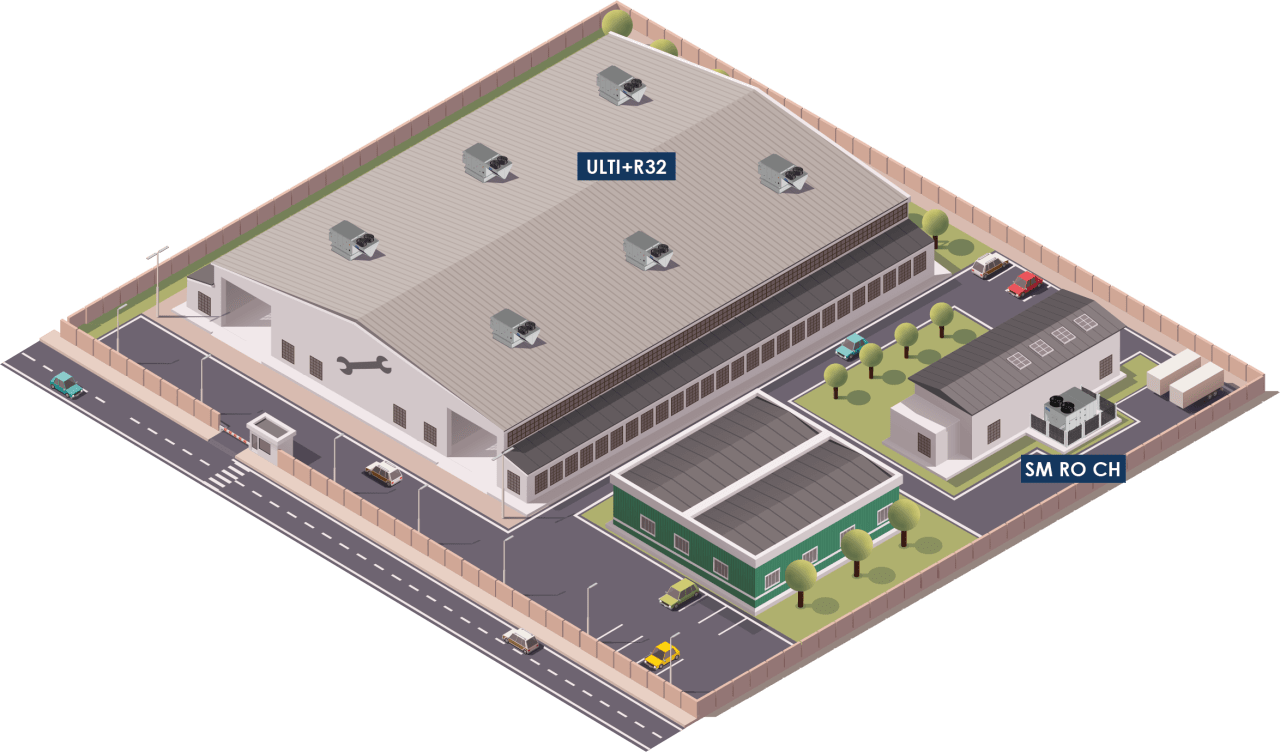
Dedicated solutions
Have a question?
A project?
High-performance and sustainable solutions for the mechanical sector
The mechanical engineering industry in France generated sales of around €130 billion, of which 8% was reinvested in research and development (R&D) and equipment modernisation.
There are around 30,000 companies in the sector.
The mechanical engineering industry employs around 600,000 people in France, i.e. 20% of industrial jobs in France
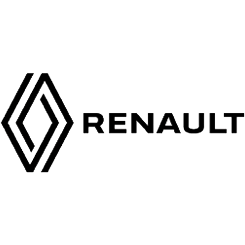
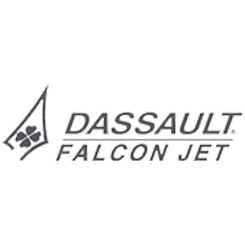
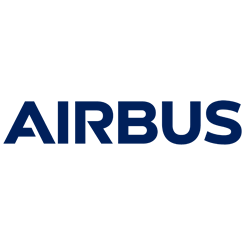
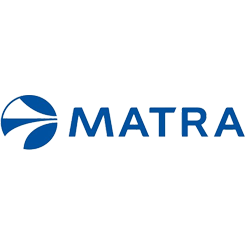
Regulations
Mechanical engineering plants must also comply with technical standards and good practice in ventilation and air handling system management. This includes the installation and maintenance of effective ventilation systems capable of ensuring good air circulation while minimising the risks associated with exposure to contaminants.



